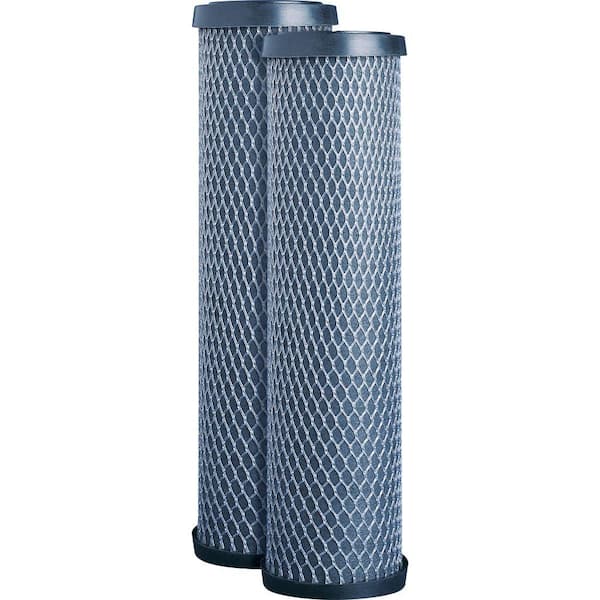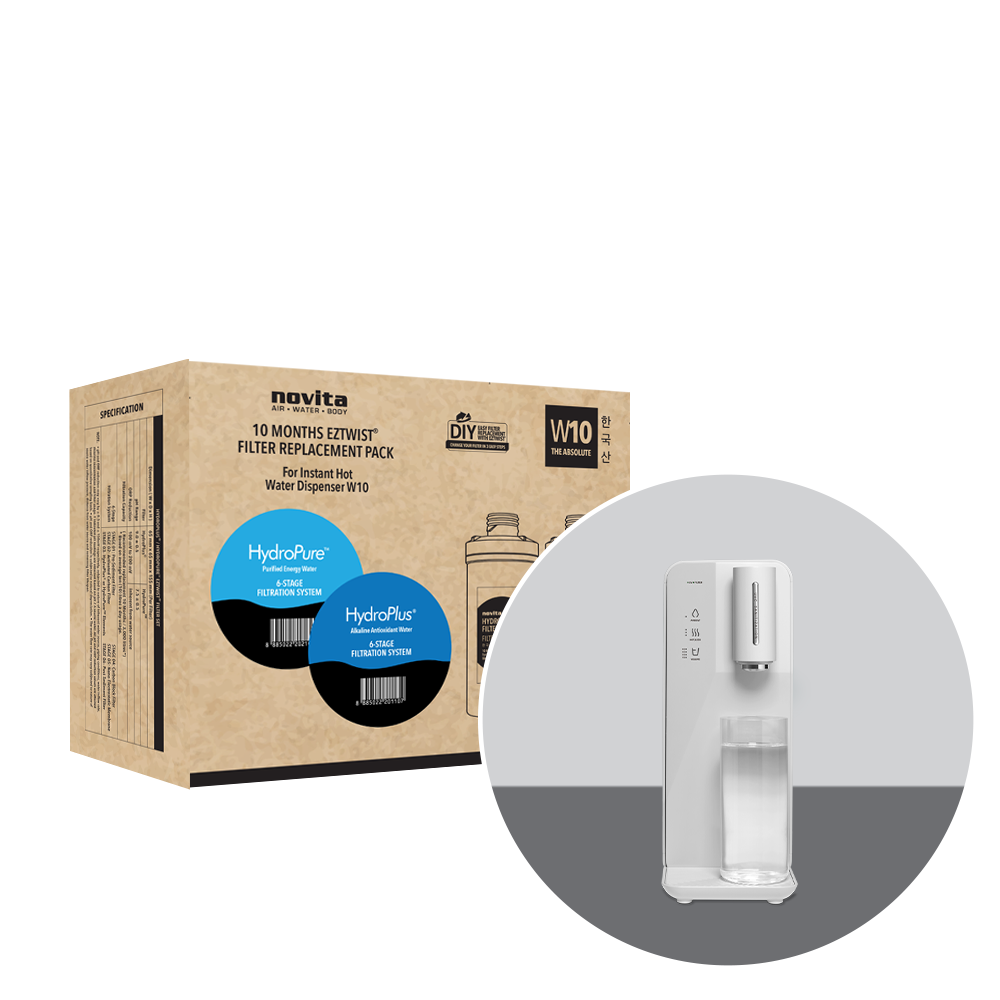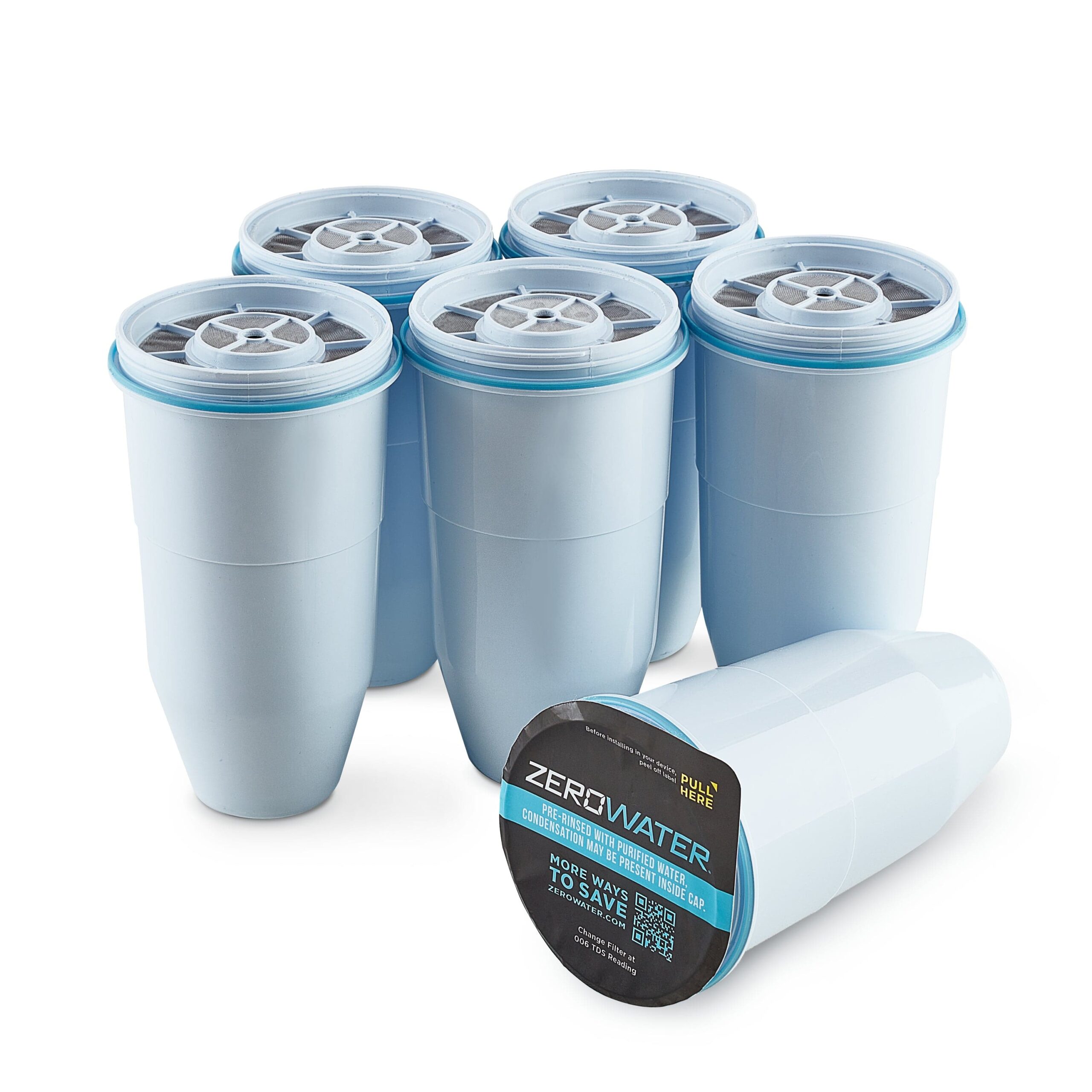Signs Your Water Filter Needs Replacement

Water filters play a crucial role in ensuring the quality and safety of your drinking water. Over time, however, they can become less effective and require replacement. Recognizing the signs that your water filter needs to be changed can help maintain optimal water quality and protect your health.
Why Replace Your Water Filter?

Water filters trap contaminants such as chlorine, sediment, heavy metals, and microorganisms. As the filter media becomes saturated, its ability to remove these impurities diminishes, potentially allowing harmful substances to pass through.
Common Signs Your Water Filter Needs Replacement
| Sign | Explanation |
|---|---|
| Change in Water Taste or Odor | A noticeable metallic, musty, or chlorine taste or smell indicates the filter is no longer effective. |
| Reduced Water Flow | Slower water flow can signal clogging due to trapped particles in the filter media. |
| Cloudy or Discolored Water | Water appearing cloudy or with a tint may mean the filter is failing to remove sediments. |
| Filter Usage Time Exceeded | Most filters have a recommended lifespan (e.g., 3-6 months); exceeding this reduces efficiency. |
| Visible Filter Damage | Cracks, leaks, or other physical damage to the filter housing or cartridge require immediate replacement. |
How to Monitor Your Water Filter
- Check Manufacturer Guidelines: Always follow the recommended replacement schedule.
- Use Filter Life Indicators: Some filters come with electronic or mechanical indicators.
- Regular Testing: Periodically test your water quality for contaminants.
Tips for Maintaining Your Water Filter
- Flush new filters before use to remove loose carbon particles.
- Avoid exposing filters to extreme temperatures.
- Keep the filter housing clean to prevent bacterial growth.
Frequently Asked Questions (FAQ)
How often should I replace my water filter?
Typically, every 3 to 6 months, but it depends on usage and water quality.
Can I clean and reuse my water filter?
Most filters are designed for single use and should be replaced rather than cleaned.
What happens if I don’t replace my water filter?
You risk consuming contaminated water, which can affect taste, odor, and health.
Are all water filters the same?
No, different filters target different contaminants and have varying lifespans.
Maintaining your water filter by recognizing these signs ensures you always have clean, safe drinking water. Regular replacement is a simple yet effective way to protect your health and enjoy better-tasting water.
